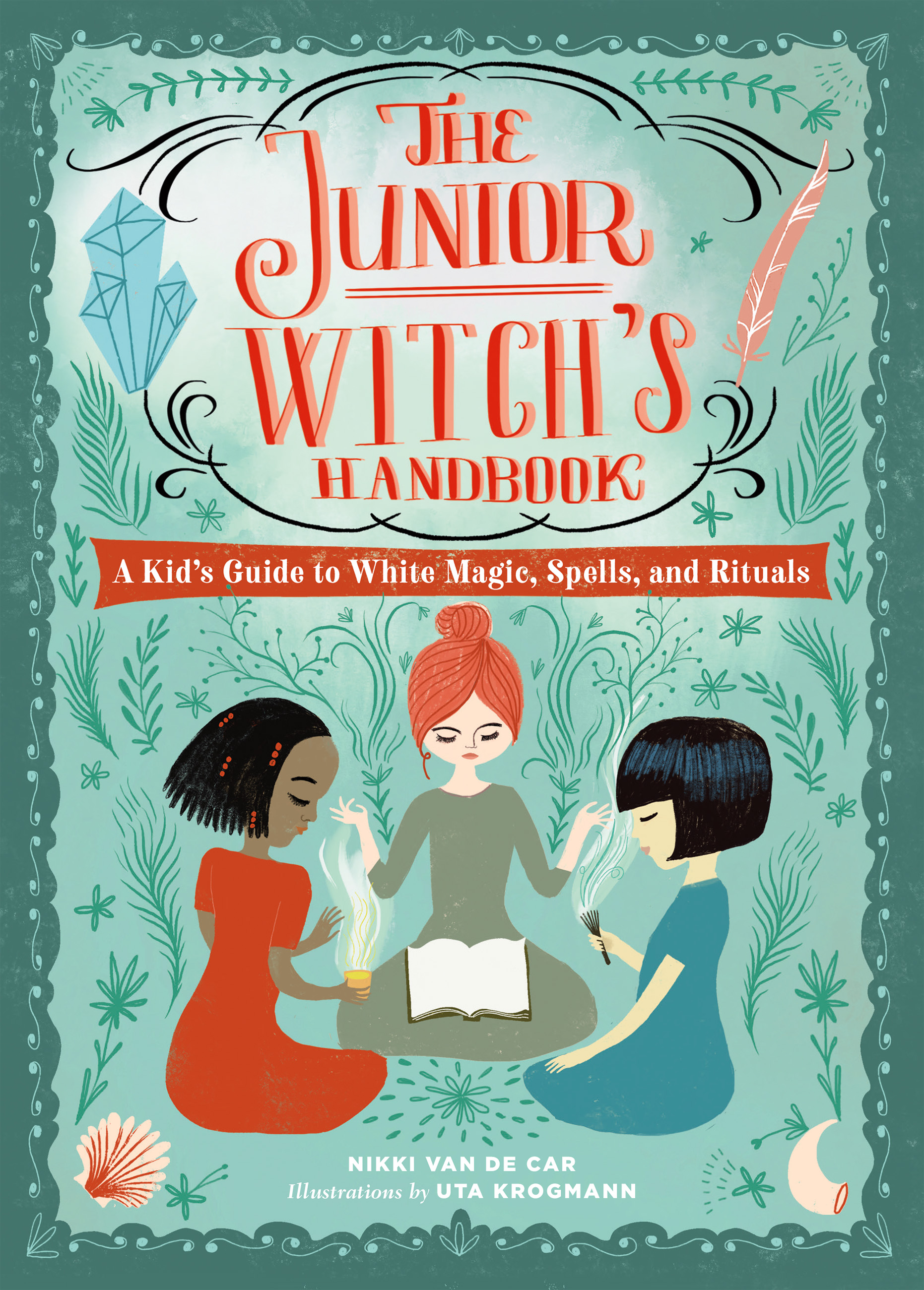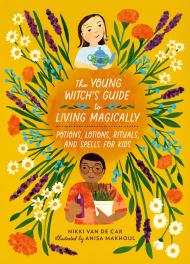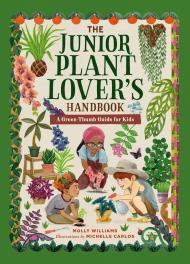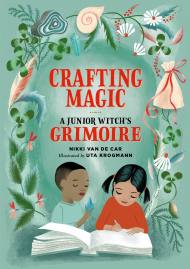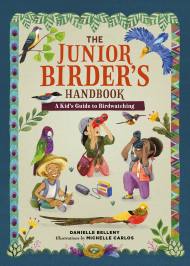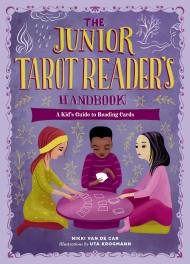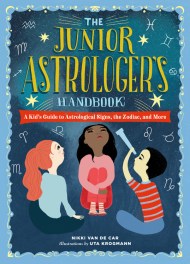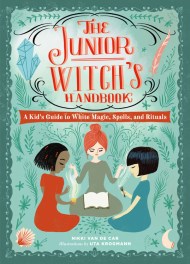By clicking “Accept,” you agree to the use of cookies and similar technologies on your device as set forth in our Cookie Policy and our Privacy Policy. Please note that certain cookies are essential for this website to function properly and do not require user consent to be deployed.
The Junior Witch’s Handbook
A Kid's Guide to White Magic, Spells, and Rituals
Contributors
Illustrated by Uta Krogmann
Formats and Prices
- On Sale
- Jun 2, 2020
- Page Count
- 120 pages
- Publisher
- Running Press Kids
- ISBN-13
- 9780762469314
Price
$9.99Price
$11.99 CADFormat
Format:
- ebook $9.99 $11.99 CAD
- Hardcover $17.99 $23.99 CAD
This item is a preorder. Your payment method will be charged immediately, and the product is expected to ship on or around June 2, 2020. This date is subject to change due to shipping delays beyond our control.
Buy from Other Retailers:
An empowering guide for young witches about the kinds of magic they can create for themselves every day.
Intended for children between the ages of eight and twelve, who are curious about the possibility of “something more” in their lives, this handbook focuses on three major areas of the witch’s life: friendship, personal fulfillment, and family. Each section includes spells, rituals, potions, and other useful information, such as tables about crystals, chakras, and herbs.
Intended for children between the ages of eight and twelve, who are curious about the possibility of “something more” in their lives, this handbook focuses on three major areas of the witch’s life: friendship, personal fulfillment, and family. Each section includes spells, rituals, potions, and other useful information, such as tables about crystals, chakras, and herbs.
Series:
Newsletter Signup
By clicking ‘Sign Up,’ I acknowledge that I have read and agree to Hachette Book Group’s Privacy Policy and Terms of Use

